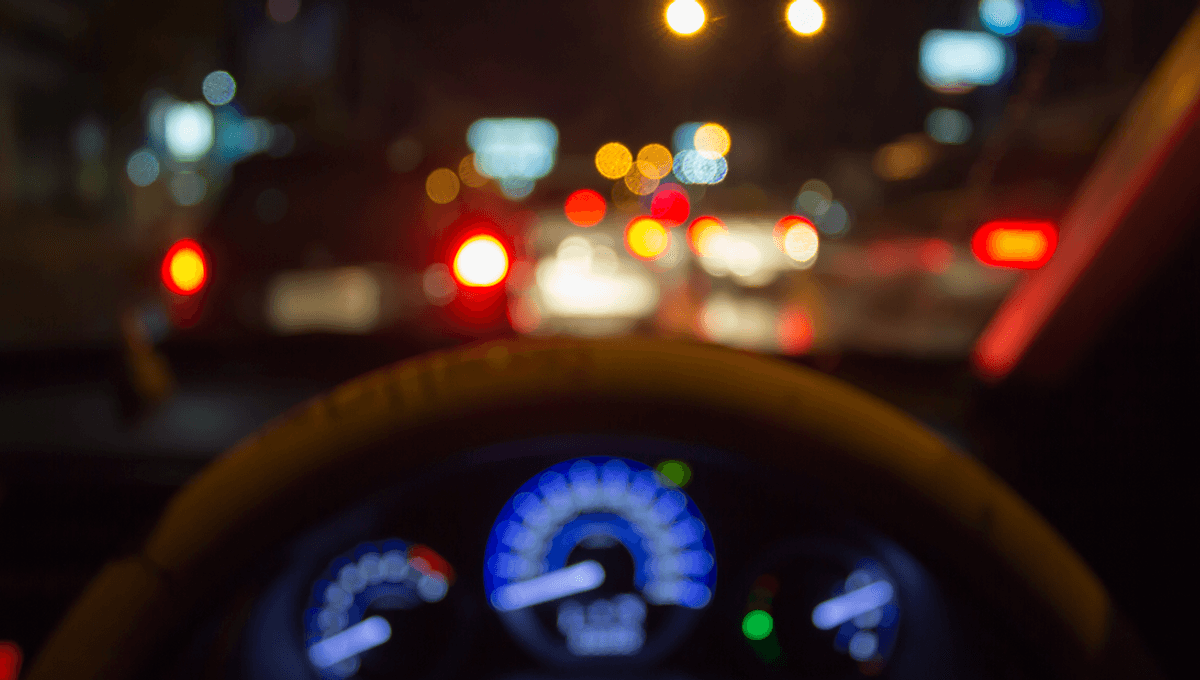
A Belgian man charged with drink driving has had the case against him dismissed after proving that he has auto-brewery syndrome (ABS), a rare condition that causes patients to brew alcohol inside their stomachs.
In April 2022, the 40-year-old patient was charged after being breathalyzed by police, showing an alcohol level of 0.91 milligrams of alcohol per liter exhaled, well above Belgium’s limit of 0.22 milligrams per liter, despite not drinking alcohol. He had previously been fined and had his license suspended in 2019 for drink driving, again without having drunk alcohol beforehand.
The man, who has not been named, was not aware of his ABS until his latest arrest, AFP reports. Also known as gut fermentation syndrome, ABS causes the digestive system to produce enough ethanol to get you intoxicated.
All people’s guts produce a small amount of alcohol whilst digesting sugary and starchy food, but when certain bacteria (such as Klebsiella pneumonia, Enterococcus faecium, E. faecalis, and Citrobacter freundii) or yeast (including Saccharomyces cerevisiae and S. boulardii) are present in your system, a lot more ethanol can be produced. Several cases have been reported in recent years, usually involving baffled patients being arrested for drink driving after drinking nothing and eating something like bread or basmati rice.
Patients are often told to avoid carbohydrates, vital to the brewing process whether it’s in your stomach or the Guinness factory. There are a few treatments (including poop transplants) available for the few patients with the syndrome.
“Anything that causes an imbalance between harmful and beneficial bacteria can potentially increase fermentation in the gut. Antibiotics should be avoided if possible. If a course of antibiotics is required, a plan should be in place to again test for fermenting pathogens and treat if necessary,” a review on the topic explains.
“In single and various combinations, dietary carbohydrate control, antifungal or antibiotic therapy, general antibiotic avoidance, and probiotics have all been reported as successful treatments. However, patients with long-term, chronic relapses may require fecal microbiota transplants.”
Given the rarity of the syndrome, patients are generally unaware of what is going on, and generally report neurological symptoms, chronic fatigue, nausea, and other symptoms you would generally associate with being drunk if you had consumed alcohol beforehand.
The Belgian man, now that charges have been dropped, has reduced his carbohydrate intake in order to reduce alcohol production inside his stomach.
Source Link: Drunk Driving Charge Dropped Against Man Who Brews Alcohol In His Stomach